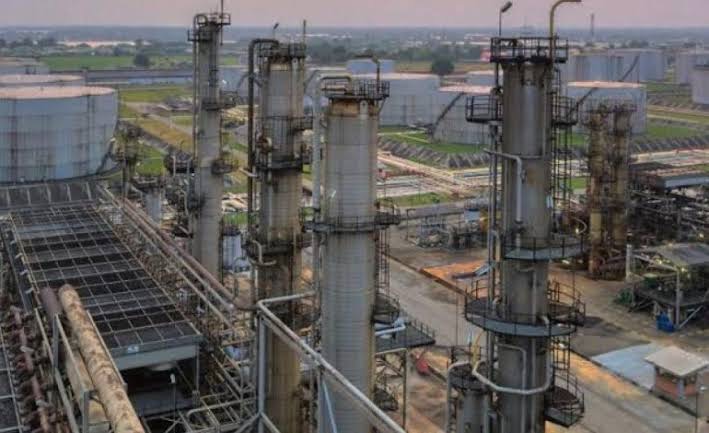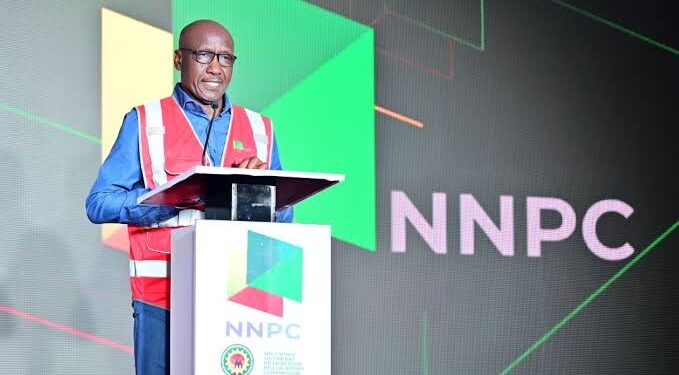The Executive Vice President of Downstream at the Nigerian National Petroleum Company (NNPCL) Limited, Adedapo Segun, has stated that the Port Harcourt Refinery is on track to begin petrol production. Speaking in Lagos over the weekend, he emphasized that it would be inaccurate to claim the NNPCL has not delivered, considering that the refinery is a brownfield project.

Segun explained that the refinery, which completed its mechanical works last December, began the distillation process in August when the burners were ignited. However, it has not yet produced fuel that meets tank specifications. He highlighted that unforeseen challenges sometimes disrupt the process, requiring shutdowns or restarts.
He noted that during distillation, temperatures rise to 300 degrees Celsius, at which point any issue can lead to a cooling down process for safety. He shared that the refinery has had to cool down and restart the distillation process four times since August due to various technical challenges. However, he expressed confidence that they are now close to full readiness.

Segun compared the Port Harcourt Refinery to the Dangote Refinery, noting that while the latter, a new facility, achieved mechanical completion in May last year and started producing diesel in March, the Port Harcourt Refinery—an older facility being rehabilitated—achieved mechanical completion in December and is targeting middle distillate production this month. He questioned whether it was fair to label NNPCL inefficient, given these comparisons.
He added that it took the Dangote Refinery 16 months to begin petrol production after its mechanical completion, so the Port Harcourt Refinery’s progress after nine months should not be seen as a failure. He stressed the importance of managing expectations and prioritizing safety during the process.
Segun remained optimistic that the Port Harcourt Refinery would begin producing middle distillates this month. He explained that while they have encountered setbacks, the process is complex and must be done carefully, particularly when operating at high temperatures for safety reasons.
Despite recent challenges, Segun expressed confidence that the refinery would begin sending products to the tanks soon but also cautioned that any unforeseen issues could delay the timeline, as the process cannot be rushed when dealing with such high temperatures.

































